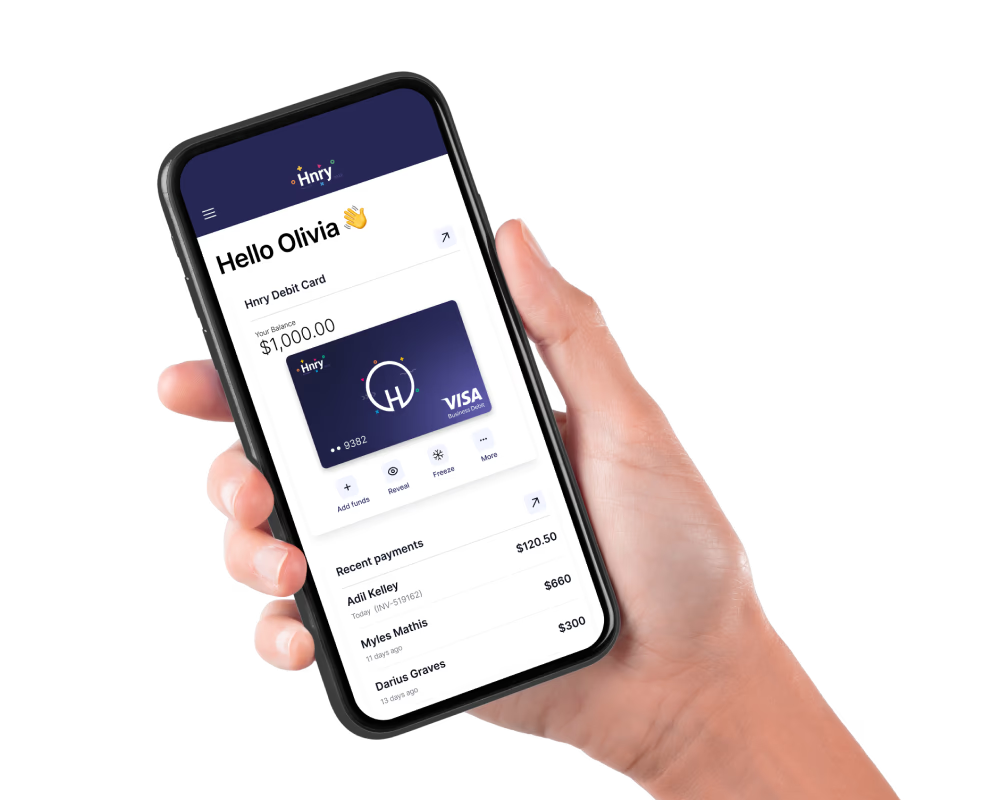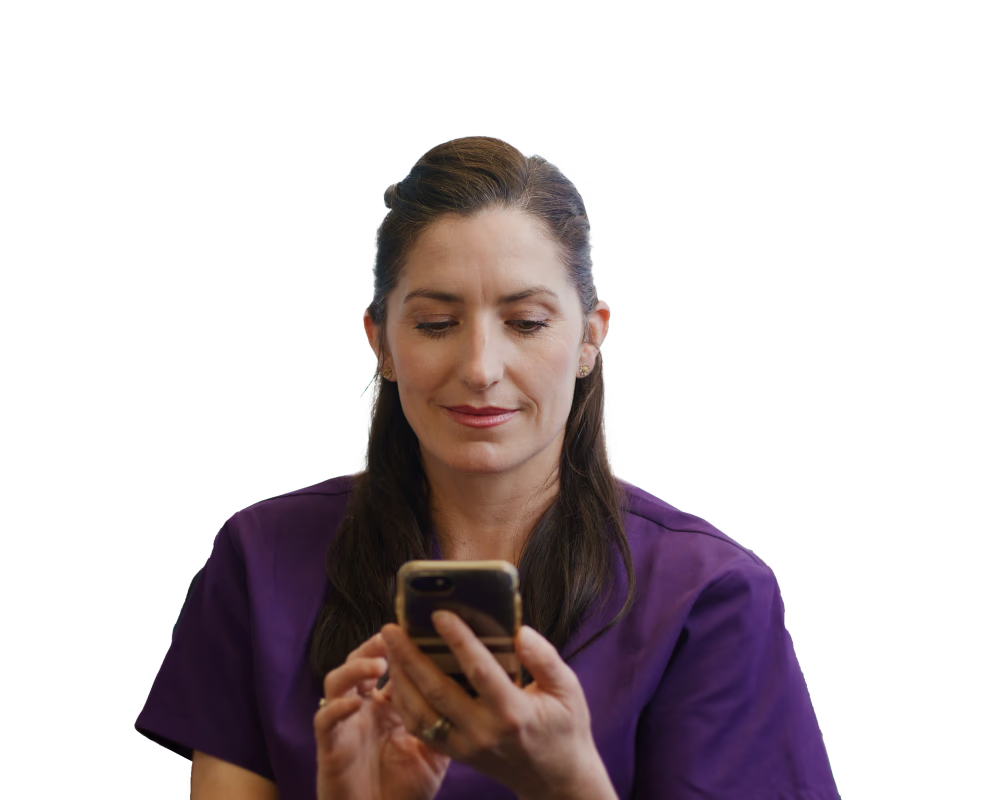If we had our way, claiming tax deductions would be simple, straightforward, and intuitive.
Unfortunately, this isn’t quite the case. To make the system as fair as possible, the tax rules are (necessarily) complex. That’s why not every purchase you make for work is tax deductible, and you’re also probably not claiming everything you can claim!
To help sole traders navigate the wild west of tax deductions, the ATO has come up with three golden rules for making claims. If your expense meets these three requirements, it’s *possibly* tax deductible:
- The expense must have been for your business, not for personal use.
- If the expense is for a mix of business and personal use, you can only claim the portion that is used for your business.
- You must have records to prove it.
On top of these three rules, there are a few other guidelines to bear in mind:
- You can only claim what you’ve paid for out of pocket. If you have an employer, and they reimburse you for an expense, it’s no longer claimable.
- The exception is allowances. If you receive a taxable allowance for an expense (eg. travel), and you spend it on travel, you can claim it as an expense
To help you make heads and tails of it all, we’ve put together a quick cheat sheet, specifically for self-employed psychologists and counsellors. With any luck, you’ll be up and claiming like a pro in no time!
Key:
- ✅ - straightforward and claimable
- ⚠️ - claimable if certain conditions are met
- ❌ - not claimable at all. Sorry folks.
Can claim:
- Registration and continuing professional development ✅
- Professional indemnity insurance ✅
- Renting an office space ✅
- Working from home ✅
- Phone and internet expenses ✅
- Protective items ✅
- Equipment ✅
- Travel expenses ✅
- Seminars, conferences, and training courses ✅
Might be able to claim
Can’t claim
1. Registration fees and continuing professional development ✅
All professional registration fees, and costs incurred for required professional development, are tax deductible.
This includes things like:
- Annual practising certificate fees
- Professional membership registration fees
- Supervision costs
- Working with Children Check
Make sure you claim them all!
2. Professional indemnity insurance ✅
Professional indemnity insurance is mandatory for all practicing psychologists. Basically, should you be found to have had a negative impact on your client, you may be held liable.
This type of insurance will cover some, if not all of any costs incurred. The good news is that the cost of your insurance policy is tax deductible.
3. Office rent ✅
If you rent an office space, which you use solely for business purposes, your rent is entirely tax deductible. Fantastic!
4. Working from home costs ✅
Similarly, if you provide telehealth consultations or work from home, you may be eligible to claim some of the costs you incur, if they’re additional to your regular home-running costs. For example, the “business usage” of your rent or mortgage.
Under the home based business rules, if you have a dedicated home office that has the character of a ‘place of business, you can calculate the portion of your rent or mortgage that’s tax deductible by calculating the percentage of your home that forms your office. That’s the percentage of your rent/mortgage that you may be able to claim.
However, if you use your office for both business and personal use, you’re no longer eligible to claim occupancy expenses.
It can get a bit complicated, so worth checking the ATO website for more information.
5. Phone and internet expenses ✅
You can claim the work-related percentage of phone and internet expenses, including:
- your phone itself (including its decline in value!)
- your data plan
- internet expenses
6. Protective items ✅
Protective items like:
- gloves
- hand sanitiser
- PPE
are all claimable, but only if you’re not reimbursed for them by your employer or practice.
7. Equipment ✅
Any equipment you need in order to do your job (stationary, books, stuffed animals for clients to hold, an iPad for client notes) are tax deductible.
Remember though: If the equipment is for both business and personal use, you can only claim the business usage of the cost.
8. Travel expenses ✅
You can claim any costs associated with an overnight trip for work.
If you receive an allowance for overnight costs, and this allowance is part of your assessable income, you can still claim these expenses if you can show:
- you were away overnight,
- you spent money while away,
- the trip directly relates to earning income,
- how you worked out your claim.
9. Seminars, conferences, and training courses ✅
Costs incurred while attending a seminar, conference, or training courses are tax deductible – as long as whatever you’re attending will help you get ahead in your current role.
You can also claim a tax deduction for travel expenses, accommodation, and meals if you’re away from home for more than a day. Whoohoo!
Bear in mind though, the whole trip needs to be 100% work-related. You can’t fly to Paris for a holiday (if only!), attend a seminar, and then claim the entire trip in your tax return. In this case, only direct costs like the seminar registration fees will be tax deductible.
10. Self-education and study ⚠️
You can claim self-education and study expenses if they relate directly to your current role. In order for these expenses to be eligible, they need to:
- maintain or improve the specific skills and knowledge you need for your current duties, or
- be likely to result in an increase in income from your current employment.
You can’t claim a deduction for a course that will help you get a new job, or if it’s only tangentially related to your line of work. Personal development courses unfortunately don’t cut the mustard with the ATO.
11. Clothing and laundry ⚠️
This one’s a bit tricky. The ATO only allows deductions for:
- uniforms with logos,
- occupation-specific clothing (eg. nurse scrubs),
- and unconventional costumes (eg. a clown suit if you work as a clown).
Even if you only use certain clothes for work, if they could feasibly be worn outside of work, you’re out of luck.
If your work clothes are tax deductible, you can also claim the related laundry expenses. This includes:
- Dry cleaning and repairs.
- $1 for every load containing just your work clothes.
- $0.50 for every load containing a mix of work and personal garments.
If your laundry expenses (minus dry cleaning) are less than $150, you don’t need to keep records to prove your costs, but you will need to be able to show how you calculated and worked out your claim.
12. Meals ⚠️
- ❌ You can’t claim the cost of food, drinks, and snacks consumed during normal work hours, even if you receive an allowance. These are considered private expenses.
- ✅ You can claim meals bought when working overtime if you receive an overtime meal allowance, and this allowance is included in your assessable income.
- 📖 Your assessable income is the income you pay taxes on. For more information, check out our article on how taxes work.
- ✅ Similarly, you can also claim meals you buy when travelling overnight on a work trip.
13. Car expenses ⚠️
Car expenses are tax deductible, but only in specific circumstances:
- ❌ You can’t claim the cost of normal trips between home and work, even if you work outside of usual business hours. This includes any taxi or public transport fares; the ATO considers your regular commute a private expense.
- There are limited exceptions to this rule. For example, if you have no fixed place of employment and you continually travel from one work site to another.
- ❌ You CAN’T claim any tolls you pay driving between home and your regular place of work.
- ❌ You CAN’T claim parking costs for parking at or near your regular place of work.
- ✅ You CAN claim the cost of driving from one job to another during the working day.
- ✅ You CAN claim the cost of driving between alternate work locations for the same employer eg. if you transport a patient between locations.
- ✅ You CAN claim the cost of tolls and parking on work related trips.
📖 For more information on claiming tax deductions for car costs, check out our stand-alone guide on motor vehicle expenses.
14. Entertainment and social functions ❌
This one’s a bit of a hard pill to swallow, we won’t lie. Entertainment and social event costs are considered personal expenses, even if they’re related to work. Even if they’re required for work. It’s not tax deductible to:
- Take your patient out for a coffee, or any other social activity,
- Attend a networking event (even if your practice says it’s compulsory for you to be there – ouch!).
15. Glasses ❌
The ATO doesn’t care if you’re as blind as a bat without them; glasses are a personal expense.
16. Grooming ❌
Your practice might need you to be well turned out 24/7, but the ATO likes you exactly the way you are. Grooming costs are considered personal expenses.
17. Child care ❌
Even if you aren’t able to work without paying for childcare, childcare is considered a personal expense. It’s never claimable (sorry).
Claim tax deductions with Hnry
We may be biased, but we reckon the best way for self-employed psychologists and counsellors to maximise tax deductions (cost-effectively and legally!) is to use Hnry.
Hnry is an award-winning app that’s helping health professionals spend less time on financial admin, and more time doing what they love (unless what they love is financial admin).
For just 1% +GST of your self-employed income, capped at $1,500 +GST a year, Hnry will calculate and pay all your taxes, levies and whatnot for you, including:
We also complete and lodge your tax return for you, including claiming any tax relief you might be entitled to. It’s all part of the service!
More importantly, we free up thousands of hours for health professionals to focus more on what they do best – their jobs. Hnry is on a mission to make being a sole trader simple, affordable, and accessible for anyone.
Get your tax ducks (and deductions) in a row by joining Hnry today!
Share on:





